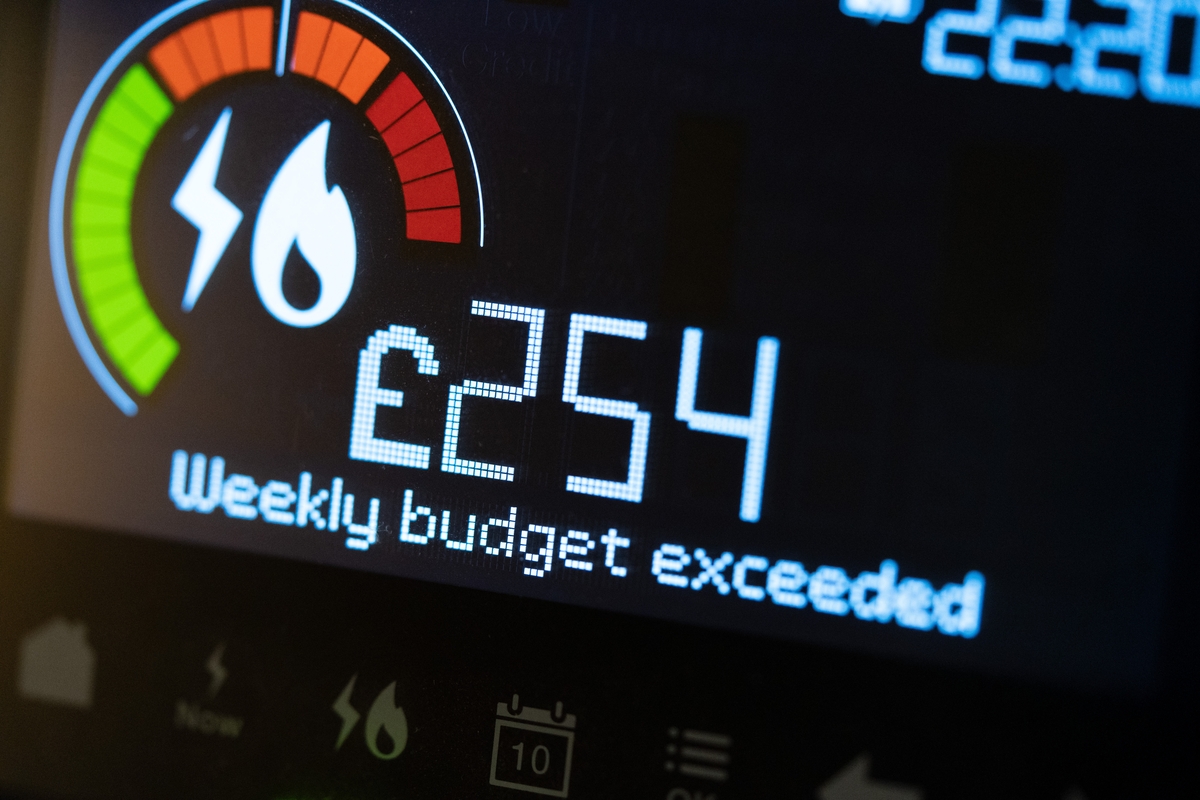Dear visitor,
You're reading 1 of your 3 free news articles this quarter
Register with us for free to get unlimited news, dedicated newsletters, and access to 5 exclusive Premium articles designed to help you stay in the know.
Join the UK's leading credit and lending community in less than 60 seconds.
PM’s cost-of-living plans could give wealthier families more support
Liz Truss’s plans for an energy price freeze and sweeping tax cuts will give Britain’s richest households twice as much financial support, according to the Resolution Foundation.

Senior Journalist, covering the Credit Strategy and Turnaround, Restructuring & Insolvency News brands.
According to the thinktank, the energy package would come with a “colossal” price tag for taxpayers that were poorly targeted to help those most in need. It said the richest tenth of UK households would receive on average £4,700 worth of support while the poorest tenth would receive £2,200 worth of support.
It said the average level of support for households would hit £2,000 a year because of the energy price guarantee, as well as financial support for all households and additional one-off payments for those on means-tested benefits. However, richer households will benefit more next year from plans to reverse national insurance tax increases first introduced in April.
This would come alongside the blanket support from the energy price freeze, which will benefit households with the biggest gas and electricity bills - and said this would “skew support towards the very highest-income households”.
Additionally, higher-income households typically use more energy - so the top fifth may gain around £1,300 this winter compared to £1,100 for the lowest fifth.
Overall - based on the current projections for wholesale gas prices - supporting households over the next six months would cost around £57bn, rising to around £120bn over the next two years.
The package will increase the pressure on the Bank of England to increase interest rates faster than they otherwise would, with an extra one percent on interest rates adding around £11bn in public borrowing in the first year.
As for the price capping for businesses and other energy users for an initial six-month period, full details for which have yet to be confirmed by the government, the thinktank said the approach needs to reflect that some firms will have energy bills that have not risen significantly.
This is because just 32% of businesses with 10 or more employees are on a variable electricity contract, while 53% have a fixed contract until at least March 2023.
Stay up-to-date with the latest articles from the Credit Strategy team
Get the latest industry news






